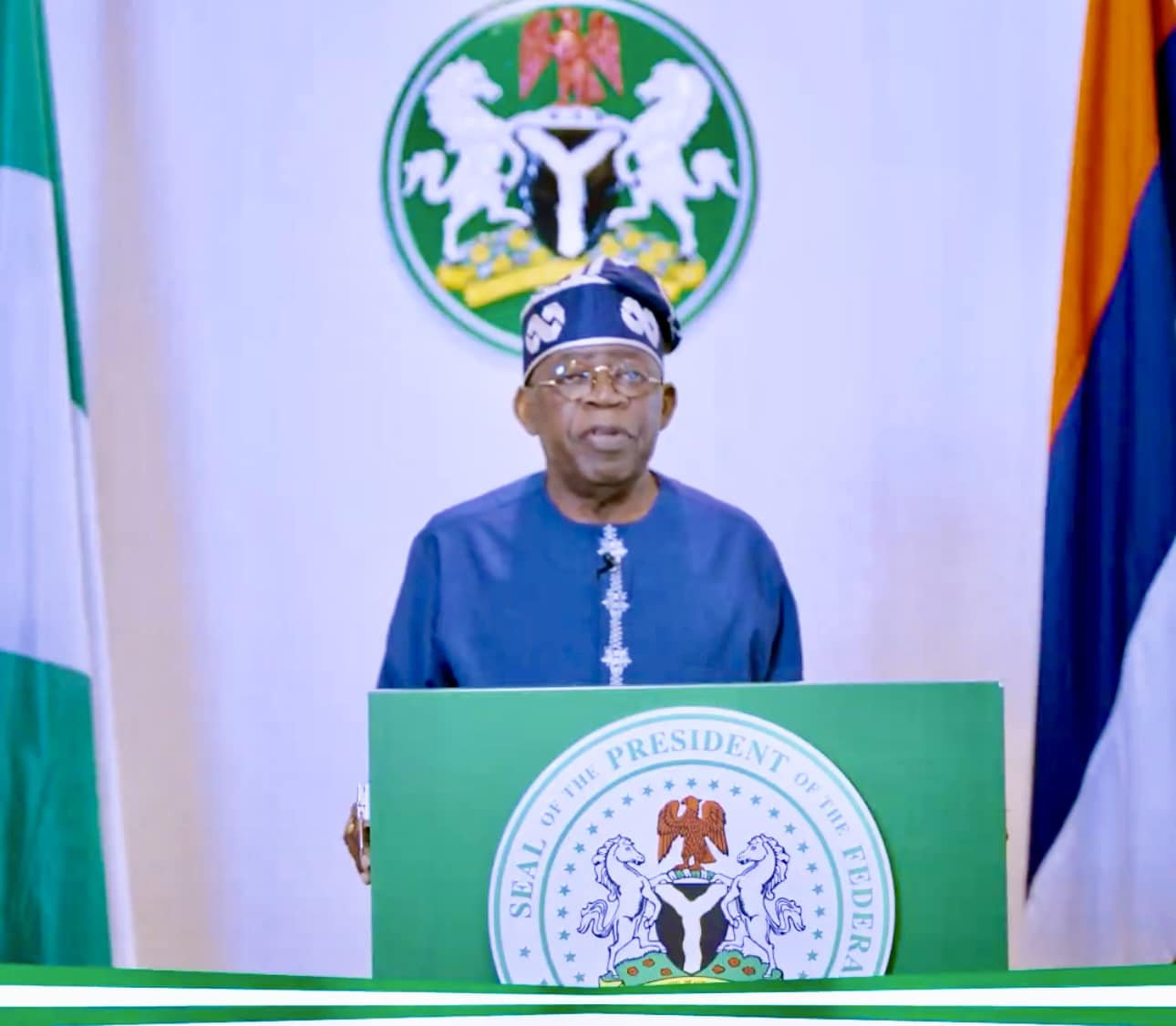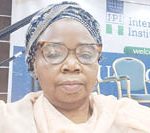On June 12 last year, a day now noted as Nigeria’s Democracy Day, and precisely two weeks into the administration of President Bola Ahmed Tinubu, the Chief of Staff to the President, Femi Gbajabiamila, then still speaker of the House of Representatives for another day, said Nigerians have reason to celebrate because of the new president’s democratic credentials.
Gbajabiamila described the day as a “unique milestone” in Nigeria’s democratic journey. Particularly with the then-recent election of President Tinubu, whom he described as “a thoroughbred democrat” noted by all for his “tenacious defence” of Nigeria’s democracy. “Tinubu has proved over the years to be an uncommon democrat who always works assiduously for Nigeria to be great”, Gbajabiamila said in a statement released by his spokesman, Lanre Lasisi.
The former speaker added that Nigeria is “lucky” to have Tinubu as our incoming president because his democratic credentials were not in doubt. Gbajabiamila concluded by saying that he was happy for Nigerians because, for the first time, we Nigerians will have an opportunity to understand what democracy truly means. After all, Tinubu “is a product of democracy”.
All of these lofty words for a president who had been sworn into office for all but weeks. However, less than two years into the administration proper, we now know enough about President Tinubu and his style of leadership—as president specifically, not anything else he may have done before like the Governor of Lagos—to describe him and his government more accurately, without the exuberance of a political protégé angling for higher office in a new administration of his principal.
In a word, we can say that the characteristic style of President Tinubu’s leadership is the tendency to “abrogate” Nigerians from political, legislative and policy decision-making processes as required of true democratic governance. If, at inception, Nigerians were promised an “uncommon” and “thoroughbred democrat” who would tenaciously defend democracy at every turn, what we are getting so far looks increasingly more like a president who is keen to write off Nigerians from important procedures of democracy and democratic governance altogether.
I once described President Tinubu’s style of governance as being characterised by what I called, “act first, think later”, citing examples of his handling of the Niger Republic coup in July last year, and the way his signature policies like fuel subsidy removal and naira devaluation were enacted. Behind that assessment was the hope that as the government settled down and matured in office, thinking and engaging with citizens about important policy issues and decisions would come to precede action, and thus the government’s decisions would themselves come to enjoy broad-based support and legitimacy, as required of democratic governance.
These days, however, it seems like the president finds engaging with Nigerians about his policies and involving them in decision-making processes exceedingly inconvenient, if not disdainful altogether. All of which leads us to a whole new approach to understanding this government.
In a journal article entitled ‘The abrogation of the electorate: An emergent African phenomenon’, Nigerian scholars Wale Adebanwi and Ebenezer Obadare, advanced a fascinating analysis of democratic development on the continent. Africa’s nascent democracies, they argue, are not “developing”, but are rather being supplanted by what they call the “abrogation of the electorate” achieved through rigged and fraudulent elections that kept incumbent parties and their allies in power against the expressed wishes of a majority of the voters.
Elections in Africa’s emerging democracies, they conclude, are but a “perverse means to an end, the end being the hijack and consolidation of power, and the resources it guarantees, by the dominant ruling elite, rather than as a means of inducting representatives with a genuine agenda for social transformation”.
This is a strong argument about the quality of democracy in Africa. However, since 2011 when they published their paper, elections have improved quite significantly in many African countries, including here in Nigeria. So, manipulated elections are no longer how citizens are abrogated in so-called African democracies.
Still, even where elections are relatively free and fair, the “abrogation of the electorate” can persist in other areas such as the degree of substantive political freedoms and the extent to which government policies are shaped by the views and preferences of citizens.
Popular debates about public policies and political issues before decisions are reached by the government are important procedures of democracy that a true democrat would be happy to engage citizens on. Donald Trump, for all the liberal angst against him, held hundreds of rallies about his policies throughout the four years he was president during his first term.
Barack Obama, on the other hand, was a master of town hall meetings who held hundreds of them, not just for campaign purposes, but for policy decision-making. In fact, even here in Nigeria, former President Obasanjo held his monthly “presidential media chats”, occasional town halls, and more than regular press conferences.
The late President Yar’adua, and former Presidents Jonathan and Buhari were not as engaging with Nigerians as Obasanjo was, but the current government has taken disengagement with citizens onto a whole different plane. President Tinubu seems to prefer executive fiat and legislative circuitry to genuine communication with the electorate. And even where the government engages with Nigerians over its policies, it tends to be after decisions have been taken or initiated on far-reaching issues. Consider, for example, the case of the national anthem change.
At the barest minimum of democratic governance, such a massive policy requires collective decision-making through a referendum, so that Nigerians can decide if they want a new anthem, and which it should be. But no, the anthem change was shot through the National Assembly and assented to by the president in just about a week, and without giving Nigerians any significant opportunity to make their views known, let alone for those views to inform the change.
Nigerians were simply abrogated, and debate about it was after the fact of the change itself.
Many of the government’s policies have played out more or less this way, including the tax reform bills. The short history of the tax reform bills is precisely how not to make policy, or more importantly, how not to be a “democrat”, thoroughbred or not. As Professors Abubakar Siddique Mohammed and Aliyu Rafindadi Sanusi of Ahmadu Bello University (ABU), Zaria, point out in a widely circulated paper titled “Economic and Political Implications of the Nigerian Tax Reform Bill, 2024”, the four tax reform bills comprise several provisions that require not just deep consultations with various stakeholders and active engagement with citizens, but also significant changes to the Nigerian Constitution.
Yet, as the ABU professors show, the Presidential Committee on Fiscal Policy and Tax Reforms was inaugurated by President Tinubu on 8th August 2023 and submitted their report just over two weeks later on 25th August 2023. This is simply too breathtaking for democracy unless the report already existed before the committee was constituted. Even if the committee were working on a policy for cleaning toilets in Nigeria, you would expect the processes of consultations with various stakeholders and citizens, and writing the report to necessarily take longer than two weeks.
The question, then, is how long it will take for the government to realise that abrogating citizens from policy decisions neither works well enough nor makes for true democracy.

 Join Daily Trust WhatsApp Community For Quick Access To News and Happenings Around You.
Join Daily Trust WhatsApp Community For Quick Access To News and Happenings Around You.


